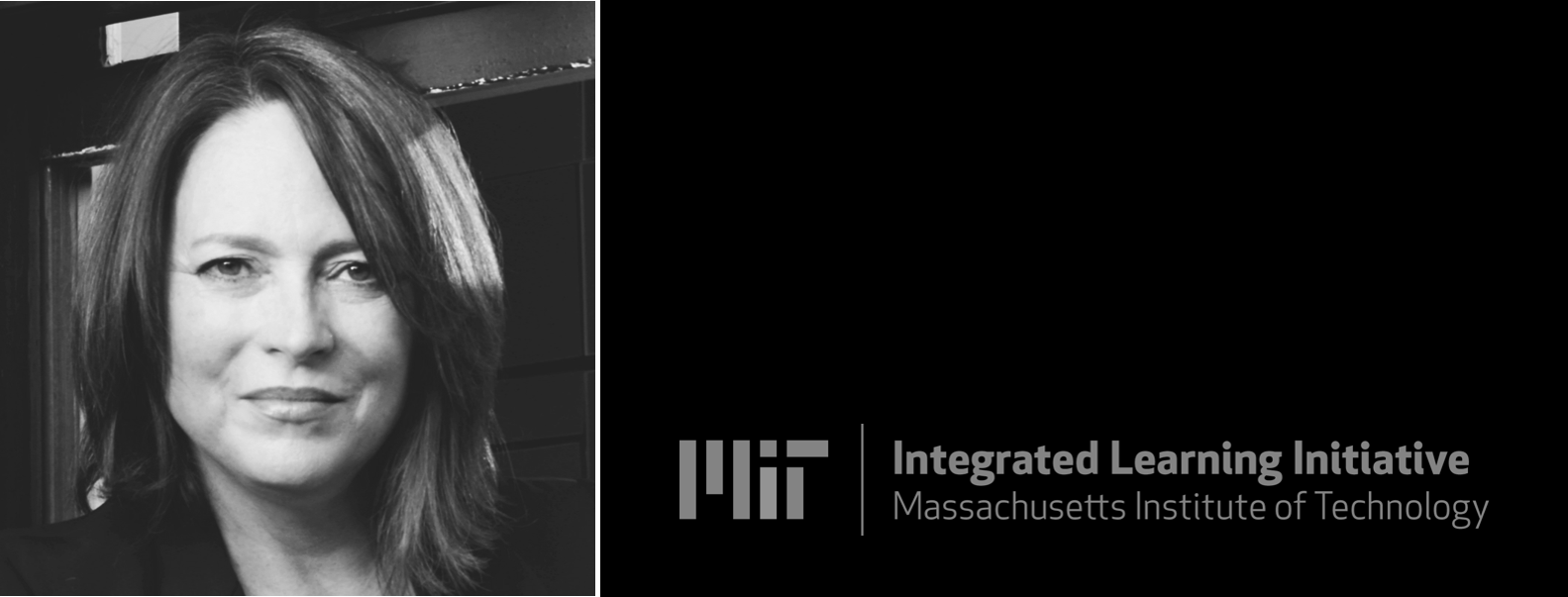
Pattie Maes is a professor in MIT's Program in Media Arts and Sciences and until recently served as its academic head. She runs the Media Lab's Fluid Interfaces research group, which aims to radically reinvent the human-machine experience. Coming from a background in artificial intelligence and human-computer interaction, she is particularly interested in the topic of cognitive enhancement, or how immersive and wearable systems can actively assist people with memory, attention, learning, decision making, communication, and wellbeing.
Maes is currently conducting research with the MITili team evaluating the effectiveness of real-time biofeedback to monitor and improve the user’s ability to sustain attention. She has received an honorary doctorate from the Vrije Universiteit Brussel in Belgium, and her 2009 TED talk on "the 6th sense device" is among the most-watched TED talks ever.
When and how did you become interested in educational technology?
I started out as a graduate student and postdoc studying Artificial Intelligence and creating autonomous robots that learn from experience. But soon after graduating I realized that what I was really passionate about is helping people with becoming “more intelligent” rather than modeling intelligent machines. Since I became a faculty member, now almost 30 years ago, my focus has been on how digital technologies can support people with optimal functioning. My goal is not to make people dependent on technology for optimal performance, but to use technology to help a person develop important skills and knowledge.
How can we use technology to make learning more effective?
In the 15 years since smart phones were first introduced, they have taken a central role in our lives and most people now have digital devices with or on them all the time, even at night. While we are increasingly becoming aware of the negative consequences of this phenomenon -on our physical, social and mental wellbeing- this new reality also opens up interesting opportunities for rethinking how we deal with issues such as learning, and more generally, self-development. Wearable and mobile devices can increasingly sense our state and behavior and intervene in real time, for example to teach us something that is relevant to the problem we are solving, or to make us more aware of some aspect of ourselves and assist us with personal growth. In the long term, I believe our digital devices will play a major role in mediating most of our learning experiences. They will know what we know and don’t know, what our interests are, and they will connect us to the right mentors, peers, and knowledge in real time, so as to enable optimal, life-long learning. They will also help us get to know ourselves better, and assist us in growing to be more calm and focused, and to have more grit.
With students learning virtually across the globe, what do you consider the biggest challenge facing these students and their instructors in this unprecedented time?
Online platforms are not all that bad for learning new knowledge, in fact , they have some advantages even as compared to classroom learning, but the elements that are missing are opportunities for playful exploration of materials and interactions with peers.
What is your favorite thing about working at MIT?
Without question, the students. I feel very fortunate each and every day to be working with so many amazingly talented, creative, and passionate undergraduate and graduate students. They make me believe in the future, even in times like these when the world can feel chaotic and at times depressing.